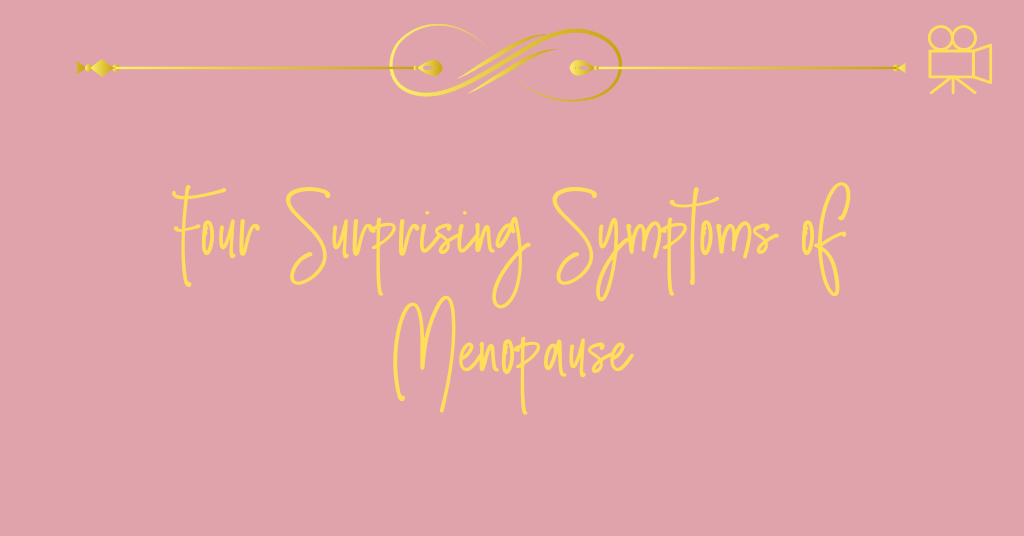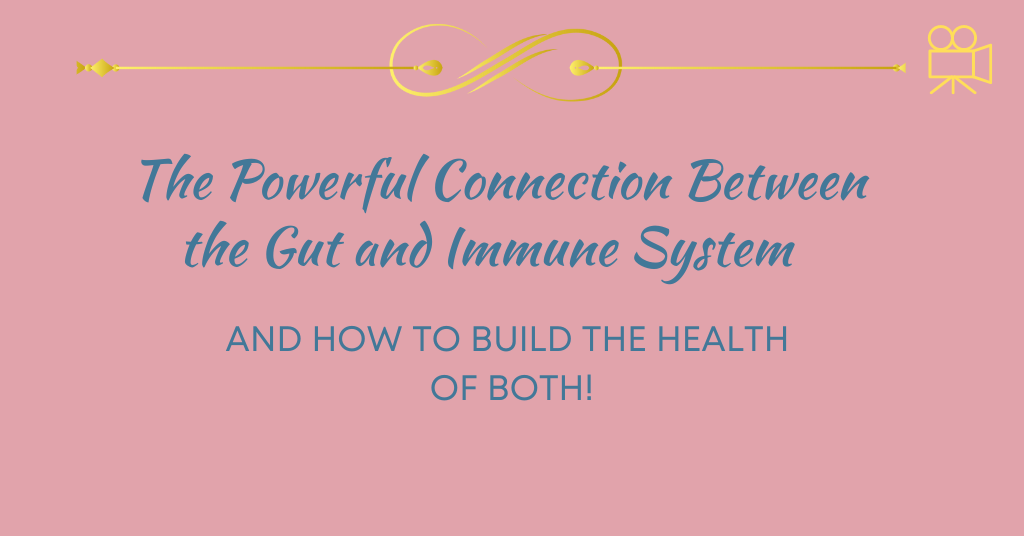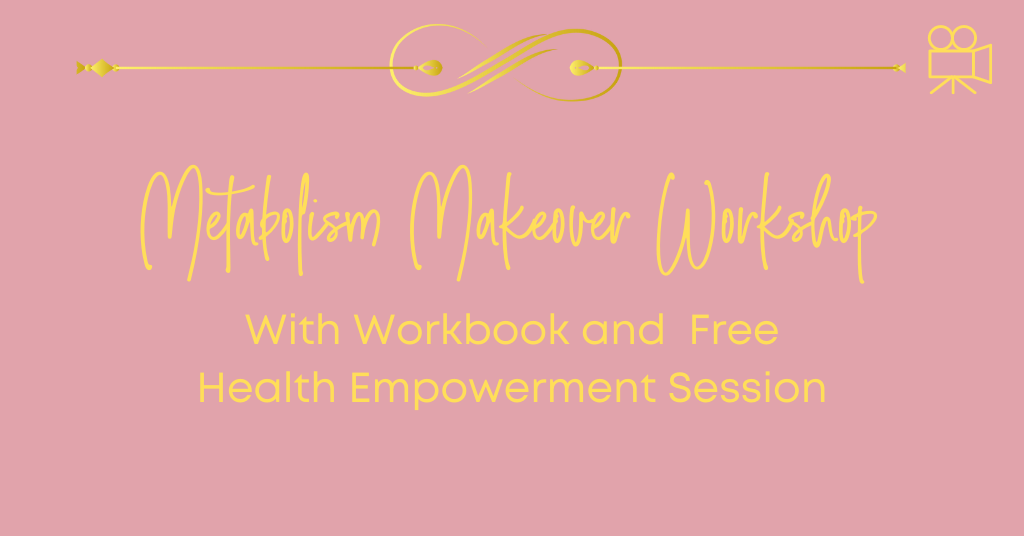DIETS – The Good, The Bad, The Fads … Egads!
Category: Healthy Weight

If you’re like most people, just hearing the word “diet” can conjure up all kinds of negative feelings. It’s no wonder — there are so many theories that the average consumer is completely befuddled. Each theory is marketed to us through a new book seeking to provide the latest and greatest information that will be the answer to our eternal good health. So how do we see our way past the ads and fads to find a healthy way of eating that works for each of us as individuals?
The answer lies in the question – we start looking at ourselves as unique individuals with unique dietary needs based on our gender, age, ancestral and genetic background, gut microbiome, metabolic rate, health status and our likes and dislikes. If this sounds complicated, consider this: Who knows better than you how you feel after you’ve eaten a specific food? Intuitively, we know which foods are nourishing our bodies and which foods are affecting us negatively. Complicating matters further, however, is the fact that our bodies can crave the foods that are the most problematic for us. The key is to truly tune in, listen and track your emotions, digestive status and how your body feels overall.
Here’s a simple exercise to test the process. Keep in mind that pinpointing food sensitivities can be complicated, and a more in-depth exercise may be required for definitive results: Choose a food that you tend to crave, like sugar. (Please DO NOT choose a food that you have a known intolerance to!!) Immediately after eating it, write down how you feel. Check in with yourself two hours later, and again record how you’re feeling. Include any gastric symptoms the food produced (rumbling stomach, bloating, gas), your mood, your energy level, your mental clarity, etc. Really tune in and identify how you feel.
Did your craving for that food intensify after eating it? Did the food energize you? Did you just want to take a nap? How did you feel the next day? Were your joints inflamed? Where was your energy and mental clarity? Did you end up with constipation or diarrhea? You may have to do a more thorough exploration to really nail these things down.
Keep a journal to track your food, mood and poop (yes poop!). Make sure to identify any long-term effects of the foods you are eating. Are they causing any inflammation? Are you building strength? How is your immune system doing?

During this identification process, it’s important that you prepare your meals at home. Restaurant foods usually contain additives, which come with some pretty significant side effects. It becomes difficult to determine whether the side effect is coming from the food or an additive.
Your Health Coach can help you in refining your exploration. Eliminating the foods that you’re sensitive to can have a huge impact on how you feel. I encourage everyone to seek out someone who can assist you with the process. I know it sounds cliché, but you won’t believe how great you can really feel . . . until you feel better!
Keep in mind that our dietary needs change based on many factors. Revisit foods often. When you feel the need, replace foods that aren’t working for you and add in foods with nutrients you may be lacking.
Many of my clients are surprised to find that they are using components of several different dietary theories. Whether the diet is Macrobiotic, Vegan, Vegetarian, Mediterranean, Raw Food, Paleo or a combination isn’t important. What is important is that you are giving your body what it needs to be healthy. The time and effort you put in to get it right, will be well worth it!
To Your Amazing Health!
Debbie



Facebook Comments